Moisture around house
galee83
21 years ago
Related Stories

DECORATING GUIDES11 Wonderful Ways to Use Wool Around the Home
Natural and durable, wool is a stylish and practical choice for upholstery, rugs and bedding
Full Story
COLORDuck Egg Blue, the Friendliest Color Around
This appealing hue transcends trends, spans styles and gets along with many other colors. Could it be right for one of your rooms?
Full Story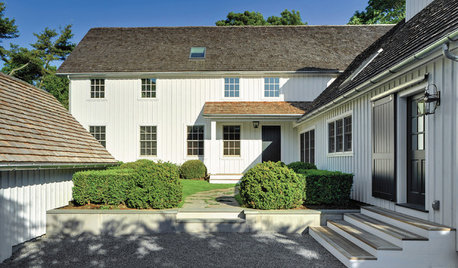
GREEN BUILDING8 Fabulous Prefab Homes Around the World
See global examples of housing’s best-kept secret — and learn why prefab may be the future of home building
Full Story
TRAVEL BY DESIGN11 Amazing Home-Away-From-Home Tree Houses Around the World
Go climb a tree — and spend the night. Tree house hotels and lodges are booming as exotic vacation alternatives
Full Story
HOMES AROUND THE WORLDHouzz Tour: Family House With a Surprise Around Every Corner
If houses could smile, this 1903 New Zealand villa might have the biggest grin of them all
Full Story
I Spy: Sailboats Around the House
Set sail all year with the breezy look of boats around the house
Full Story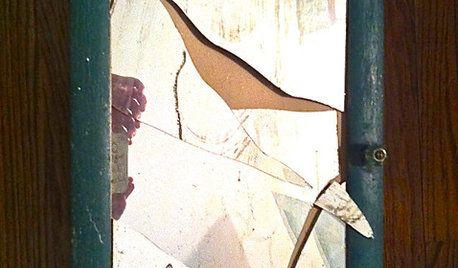
LIFEDo You Believe in Luck Around the House?
Broken mirrors, spilled salt, an unavoidable ladder — superstitions don't seem to affect this homeowner. Knock wood
Full Story
COLOROrange for Fun — and Yes, Versatility — Around the House
It may never be the new black in anything but prison shows, but orange can dramatically increase your home's energy level
Full StoryMore Discussions







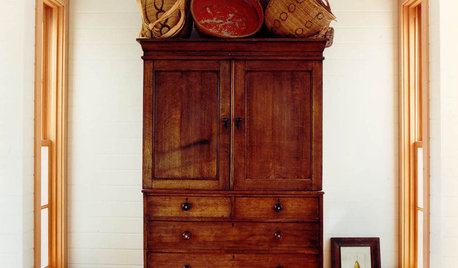
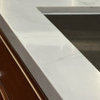

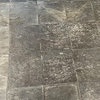
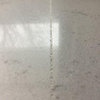
joed
galee83Original Author
Related Professionals
Brighton General Contractors · Eatontown General Contractors · Fridley General Contractors · Keene General Contractors · Medway General Contractors · Monroe General Contractors · Norwell General Contractors · Torrington General Contractors · Waimalu General Contractors · Wheeling General Contractors · California Home Builders · South Farmingdale Home Builders · Sun Valley Home Builders · Syracuse Home Builders · Troutdale Home Builderstheglo22
earthworm
galee83Original Author
theglo22
earthworm
SuzieSnowflake
galee83Original Author
SuzieSnowflake
theglo22